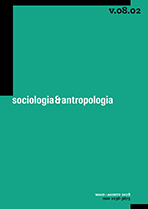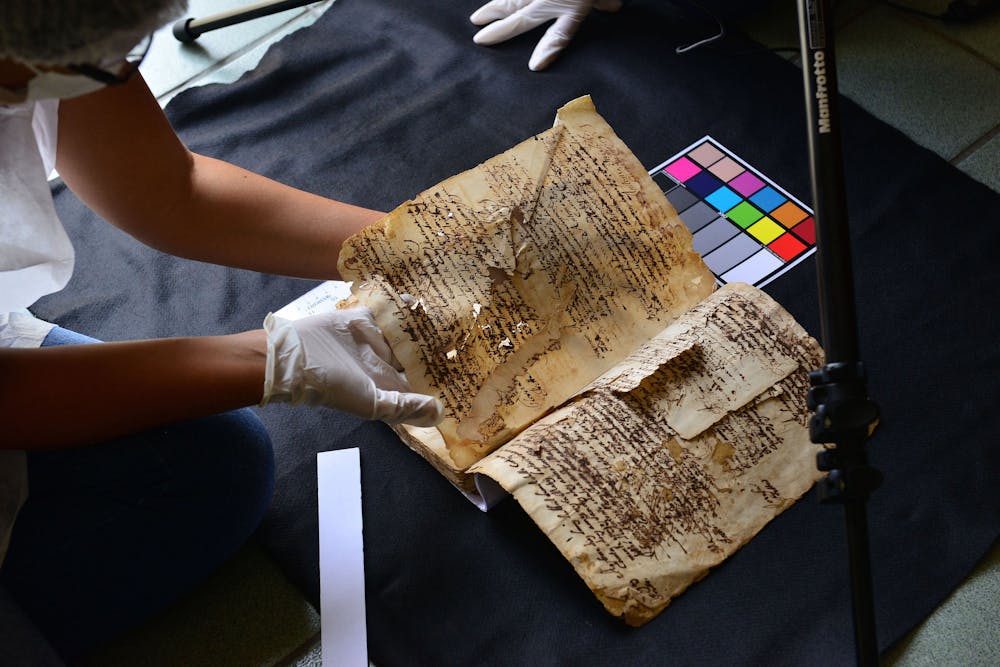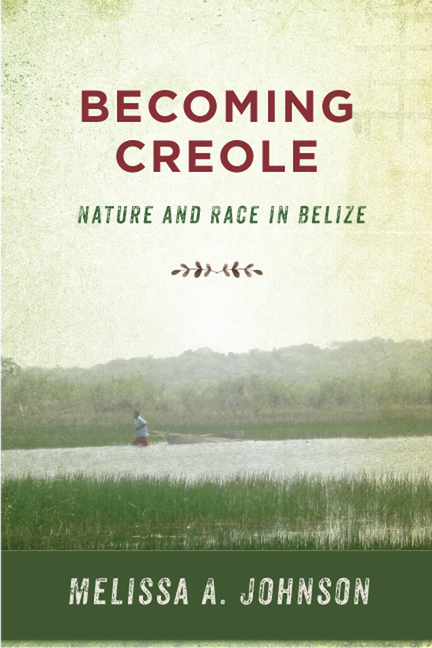The Ice MigrationPosted in Books, Caribbean/Latin America, Media Archive, Novels, United Kingdom on 2019-01-13 23:37Z by Steven |
Peepal Press
2018-05-31
224 pages
Paperback ISBN: 9781845233587
The stories in this ambitious collection move around in time and place, linked by the experiences of the descendants of a Jamaican family of mixed Indian and African heritage.
The stories in this collection move around in time and place, linked by the experiences of the descendants of a Jamaican family of mixed Indian and African heritage.
From Roaring River in rural Jamaica in 1908 where the descendants of African slaves make connections with new arrivals from Calcutta to work in the sugar cane fields, to Southall in 2013, where the Millers live alongside newer migrants from India, The Ice Migration is a poetic exploration of movement as central to the human condition.
Crooks’ vision encompasses the ancestors of the vanished Tainos in Jamaica who crossed the Behring Straits 40,000 years ago, but who linger in spirit, and individuals like Tutus who is driven to separation from her family, to constantly moving on, but who ultimately makes a return to Roaring River.
The people of Jacqueline Crooks’ stories are deeply enmeshed in their African/Indian Jamaican world of dreams, visions, duppies and spiritual presences that connect them across time and place. What they discover beyond the strangeness of change of place and the hostilities they encounter is that life remains defined by its common crises – of birth, the complications of sexuality, sickness, old age, and death – and by the comforts of food, stories and memory.
Individual stories have been shortlisted in the Asham Award and Wasafiri New Writing competitions and have appeared in: Virago, Granta, Closure: Contemporary Black British short stories, the Woven Tale Press, and MsLexia. The Ice Migration is Jacqueline Crooks’ first book.



/2/m_ddsmx_22_2_56_cover.png?Expires=1546224881&Signature=A4IXMBD75hQ8HVv27RPi~9vuB6wvl3yW8b-y2bFd4aff5W4ozmQI8oaqw5zYJCvQ8nQBwPgbSt4xpg8y6leKQ1FmH80CvMK2WnwsILVDOveCDPxn9qxG8iZH9GluBp3MdSfUNmDLw~tnUB9ziQy~WEen6WX~Db1BoEfZxW1H6DGjh~27HzMXEArre2mTNQ5ne6~maeCzEmxoPc8QYvL5ylC4h0VG61SRXb6B-KGLEEgXQXSwvHJpRmZzRaGMcDJdmJPg1uAPg9v9No7yqYG9FX-SgW5fEj9wxbKl~XHO29~R5PU6JnFs~eI2UL9~EC499jx5cWCfGsNj1uQUROuAYQ__&Key-Pair-Id=APKAIE5G5CRDK6RD3PGA)




